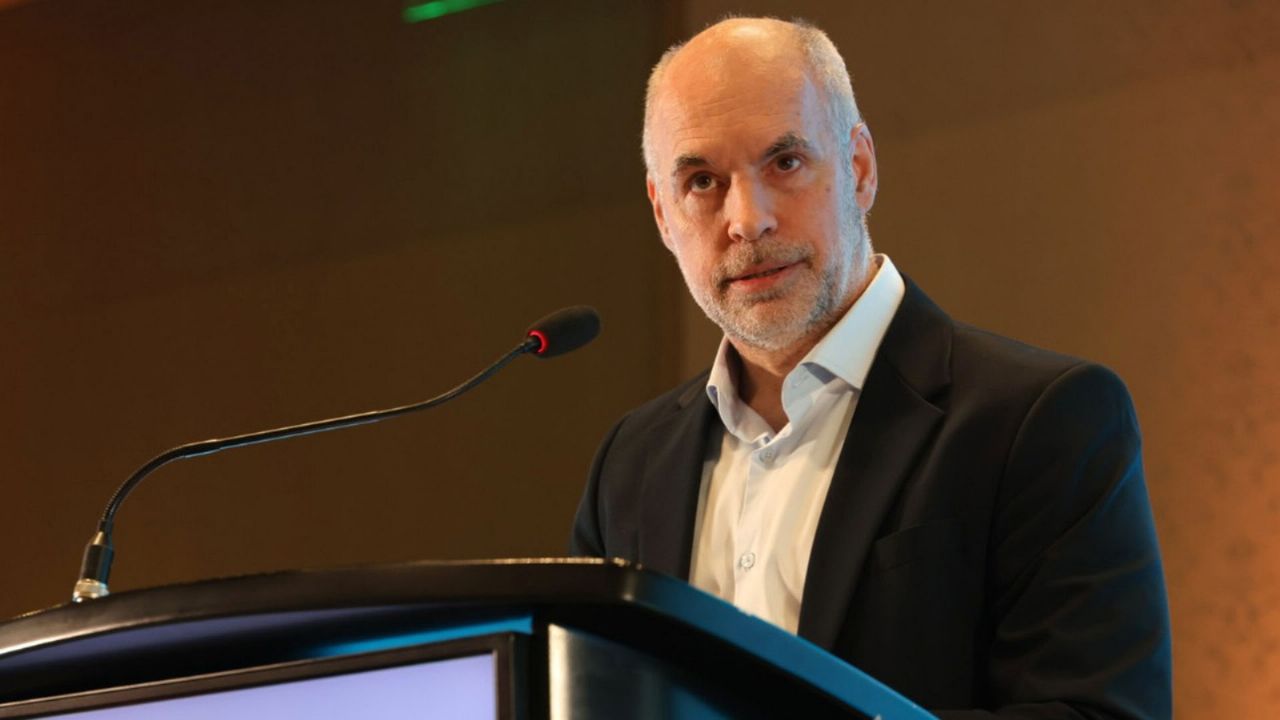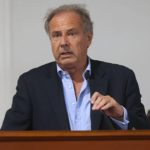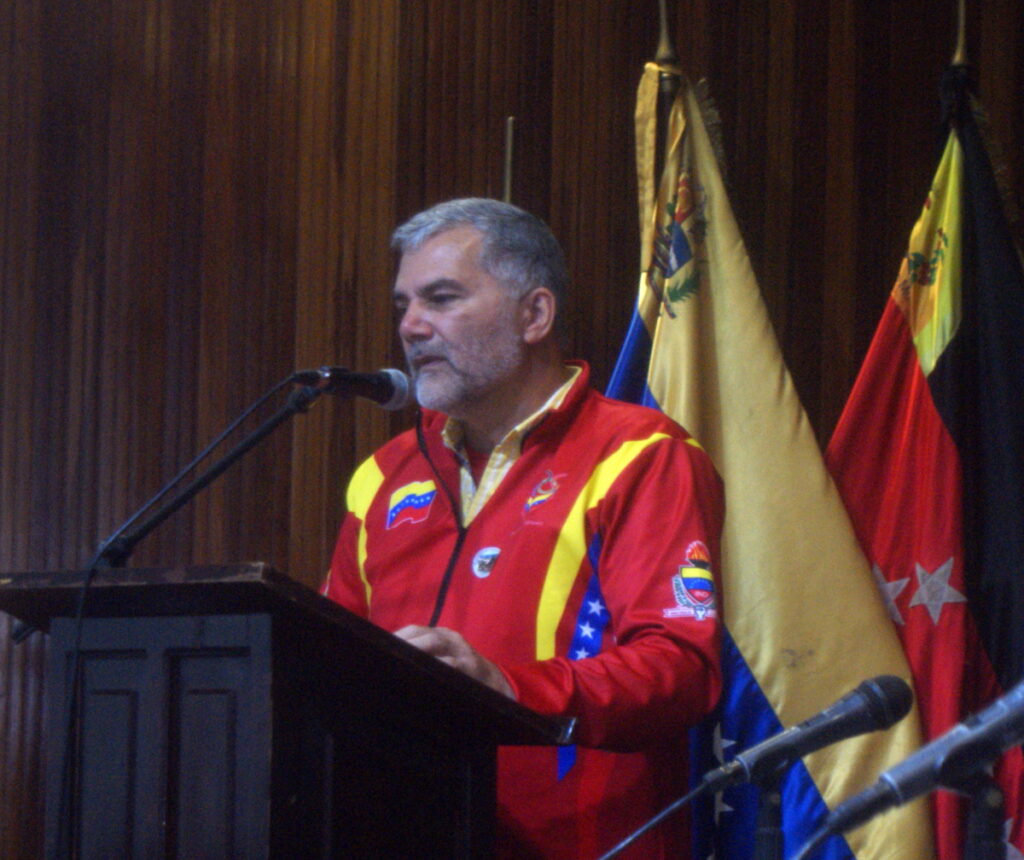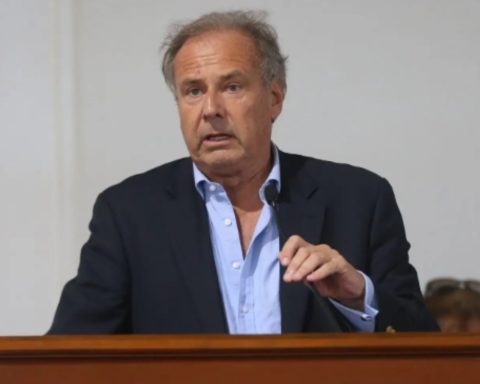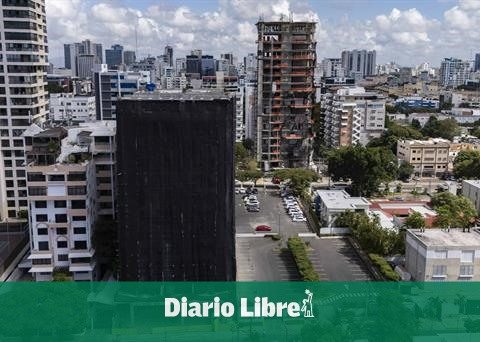This Tuesday, Horacio Rodríguez Larreta pointed out that, although the knowledge economy “has a lot of potential” in Argentina, “inflation, labor legislation, the stocks of the stocks” and, in itself, the macroeconomic context, hinders the industry.
The head of government Buenos Aires even assured that the guild has “the handbrake on”; what’s more, Horacio Rodriguez Larreta indicated that, despite the high level of talent in the country, people prefer to go abroad in search of opportunities.
“Thousands of highly trained Argentines, many of them from industries related to technology and knowledge, are leaving the country scared by the uncertainty that all this generates,” he said. Horacio Rodriguez Larreta.
The president also stressed during his participation in the Democracy and Development cycle, organized by Clarín, that “Argentina has a lot of potential for production and generation of work, but, due to bad decisions, it is restricted, unable to expand”.
Under this line, the leader pointed against the management of the central government and remarked: “thousands of Argentines who work on their own and could export their talent, today they do it almost secretly for fear that the Government will confiscate their work, through of the exchange rate gap and high taxes”.
In turn, the president insisted that “with these levels of inflation there is no economy of knowledge, there is no economy of anything,” for which he stressed the need to implement a comprehensive plan that meets the needs of Argentines.

“A comprehensive plan is needed to stabilize the economy, guarantee stability, generate tax and regulatory incentives, and revolutionize education and, in addition, a strong deregulation for each of the sectors with the greatest potential, such as this one of the knowledge economy, so that the obstacles and barriers that slow down their growth are eliminated”.
For Larreta, the country needs a deeper transformation
As it has done on other occasions, the leader He maintained that the country needs an urgent change, since, in order to resolve the crisis, a transformation must be generated that provides a solution to structural problems.

“I have already said it many times, the transformation that Argentina needs is very profound and has to be sustained over time. Therefore, for it to be a true State Policy, it requires a broader political consensus,” he said.
